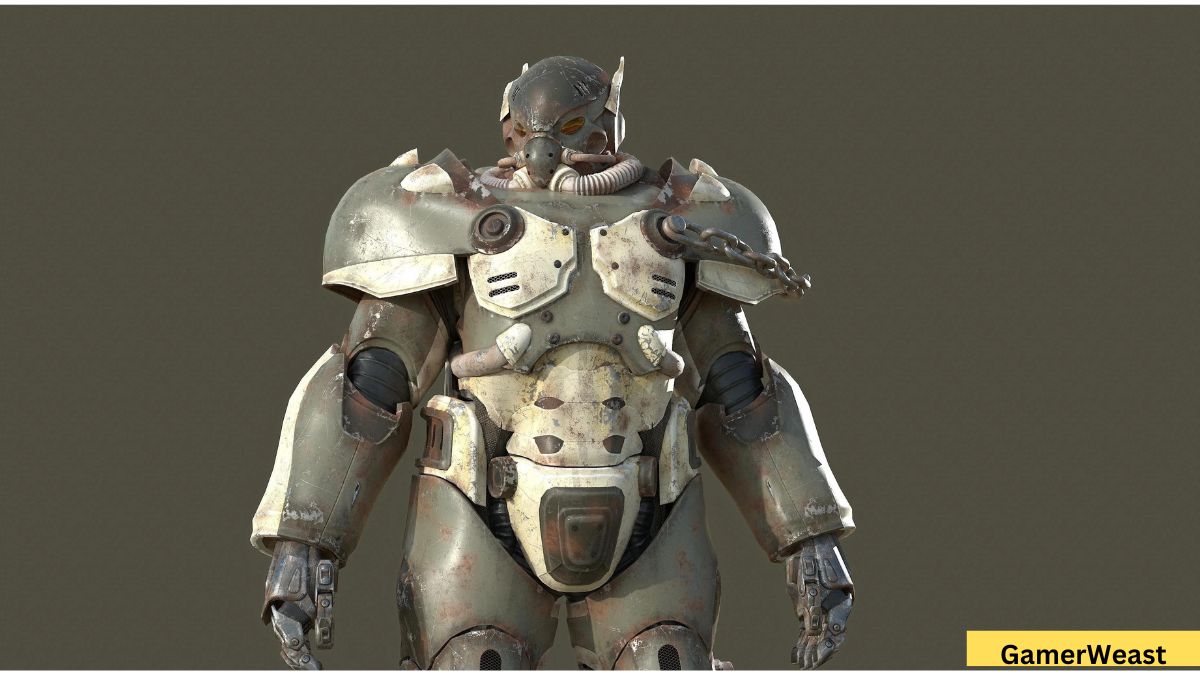Concord has only been out for a few days, but it’s already struggling to keep even a few hundred concurrent players on Steam. While I’m not sure how it’s faring on the PS5, even if those numbers are stronger, it’s still not a promising start.
From its lackluster and divisive reveal, Concord was never expected to succeed. It’s a hero shooter entering an oversaturated market where players have grown weary of new live-service titles that aren’t already established. Unless you’re Fortnite, Apex Legends, Call of Duty, or Destiny, there’s little room to carve out a place in this competitive landscape.
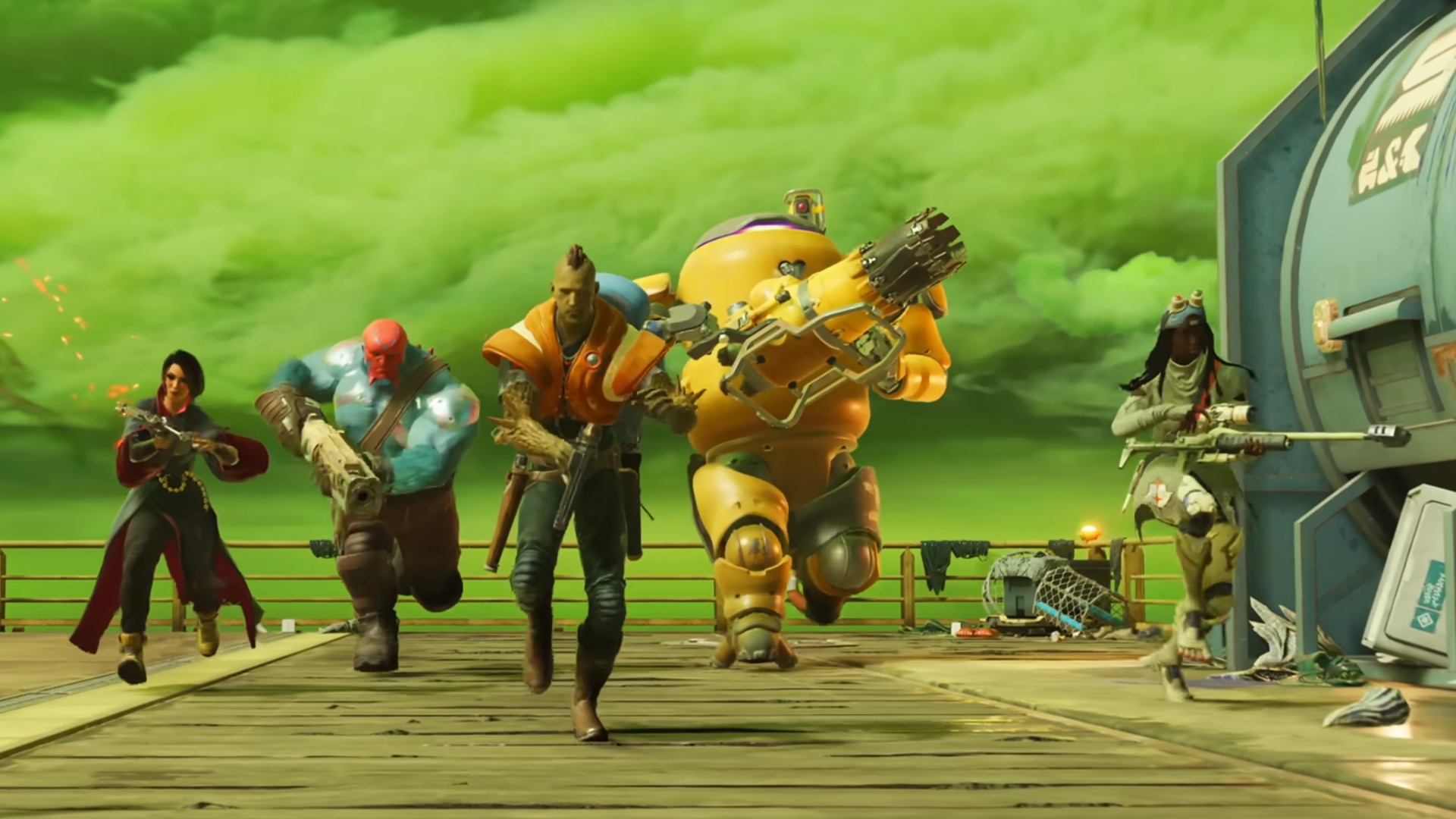
Even genre giants face intense criticism, making it especially challenging for new games to break through. Concord, in particular, has arrived at a time and place that seems ill-fated, representing what many see as a misguided effort by Sony to chase fleeting corporate trends. Its struggle underscores the difficulty of succeeding in a saturated market where extraordinary luck is often required.
Now that Concord has launched with a lackluster reception, it will serve as a valuable lesson for the industry moving forward. Firewalk Studios recently disclosed that the project was in development for about eight years. Sony invested heavily in the game after acquiring the studio, driven by the belief that live-service titles were the future. This experience will likely influence future decisions as the industry reflects on what went wrong.

It’s hard not to lament the closure of Japan Studio, especially when millions were poured into a project like Concord—a game that, to anyone outside a boardroom, seemed destined to fail. The loss of a beloved studio feels even more frustrating in light of such misguided investments.
And yet, here we are. The coming years will be a tough learning curve for Sony and its first-party studios as they reassess their strategy. They’ll need to figure out which live-service projects have potential and which are doomed to fail, all while reconsidering the value of the single-player blockbusters that have long been their strength. These lessons will shape the future direction of Sony’s gaming portfolio.
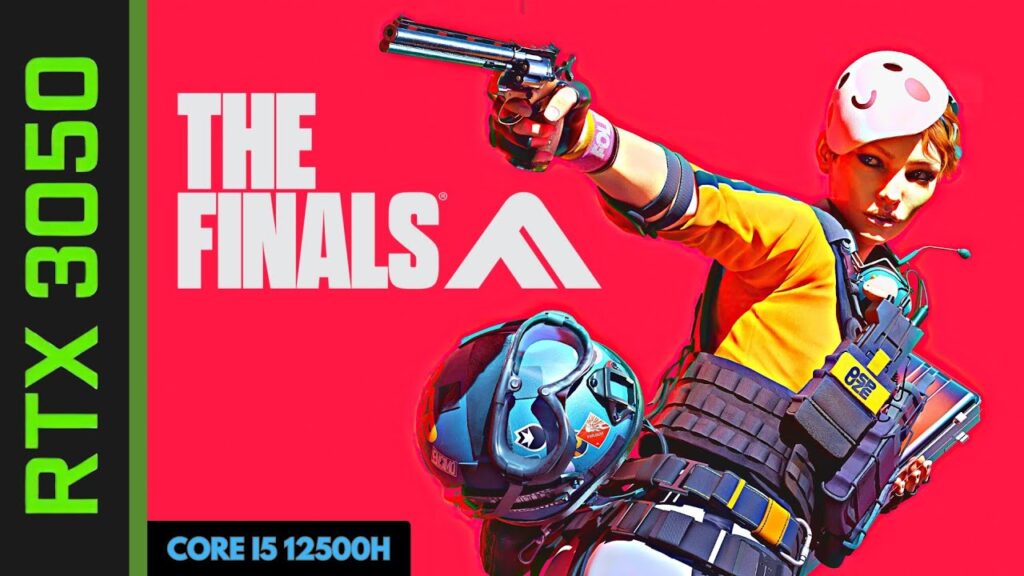
In 2022, Sony announced that it had 10 live-service titles in development, with plans to launch around six of them by March 2026. However, since then, several of these projects have been either canceled or reworked due to layoffs, while others have launched to poor commercial reception. This has raised questions about the viability of Sony’s live-service strategy.
It’s likely that Sony is now engaging in delicate discussions with Bungie, especially given that it may have overpaid for the Destiny developer a few years ago. Sony saw Bungie as an expert in live-service games, hoping that this expertise would help shape a future dominated by such titles in its library. However, recent struggles in the live-service space may be prompting a reassessment of that strategy.
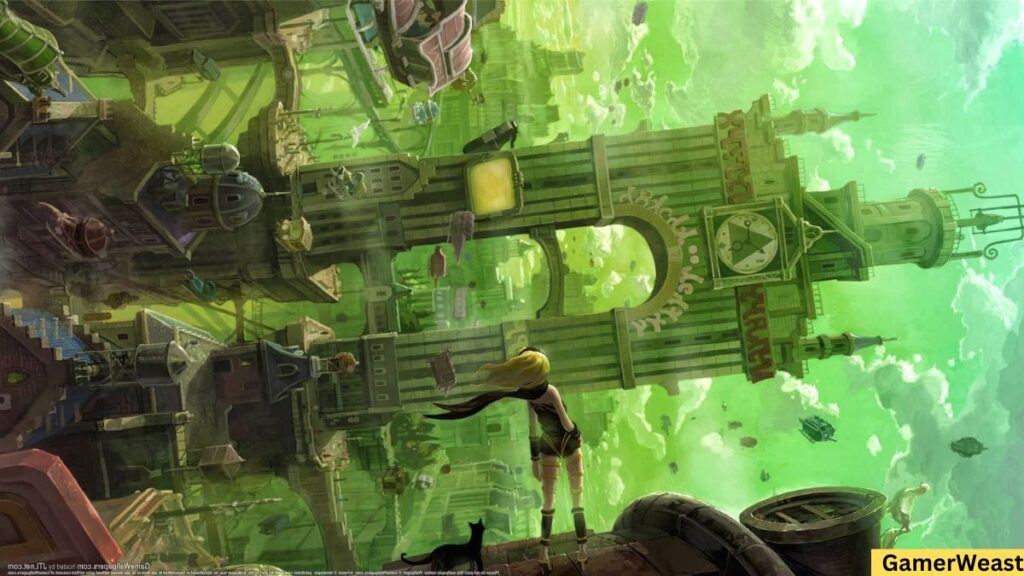
Since then, Bungie has faced declining profits and ongoing layoffs. The studio is currently developing Marathon, an extraction shooter, but given the current climate, I wonder if even that project will undergo changes. With the challenges Bungie is facing, a pivot in direction may be inevitable as they navigate the shifting live-service landscape.
PlayStation was once a brand known for its incredibly diverse lineup of exclusives. Even during the PS4 era, the range of games was impressive, from Infamous and Knack to Gravity Rush, Bloodborne, Killzone, The Order: 1886, Uncharted, and The Last of Us. These titles, both big and small, showcased the unique variety that had defined PlayStation’s identity since its inception.
In recent years, rising development costs and longer production times have caused PlayStation to lose its once-unique identity as it pursued larger profits. Despite these efforts, it has ultimately led to nothing, with the brand gradually losing touch with the cultural identity that once set it apart.
Concord is set to further highlight PlayStation’s fractured identity, launching with a player count even lower than commercial flops like Redfall, Babylon’s Fall, and LotR: Gollum. This doesn’t necessarily mean Concord is a bad game—its shooting mechanics and imaginative roster of heroes are quite strong—but it raises serious questions about whether it should have been made in the first place.
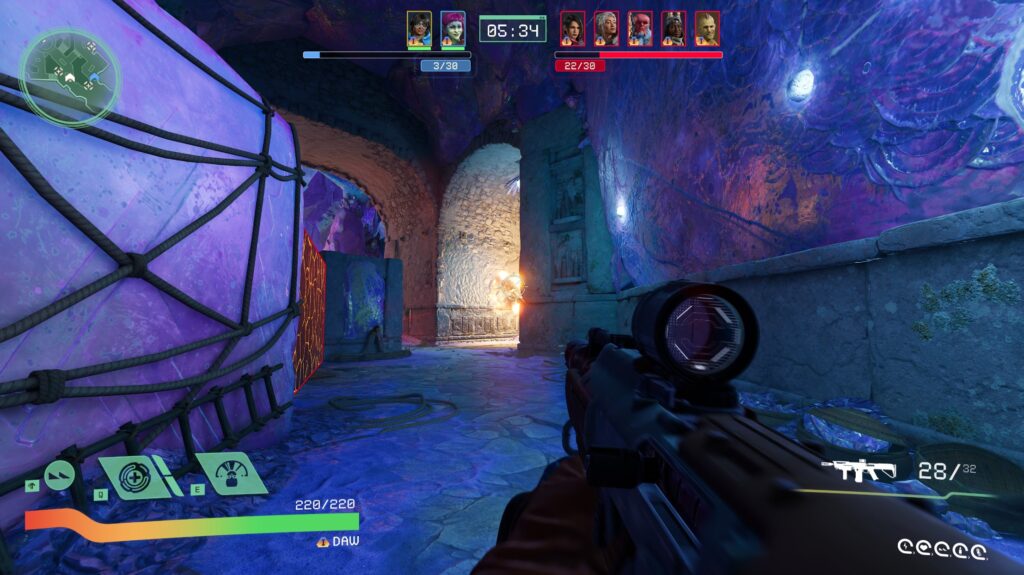
The quality of a game like Concord becomes irrelevant when it struggles to break through an oversaturated market and attract an audience already fatigued by live-service models. Players have been growing weary of these games for years, and it’s likely that Firewalk Studios knew the outcome was inevitable long before launch.
Even if thousands of players give Concord a try, it won’t matter if they don’t stick around beyond a few weeks. Games like this need a large, constantly engaged player base to thrive; without that, they’re quickly abandoned. This outcome was predictable—I saw it coming, you likely did too, and it’s safe to bet that Sony and Firewalk were also aware of the risk.
The post-mortem for Concord is likely to be sobering and could have significant consequences for the live-service market. I hope this leads Sony to refocus on its strengths. While experimenting with new ideas can be valuable, entering a genre driven more by profit than creativity means you’re already at a disadvantage.
